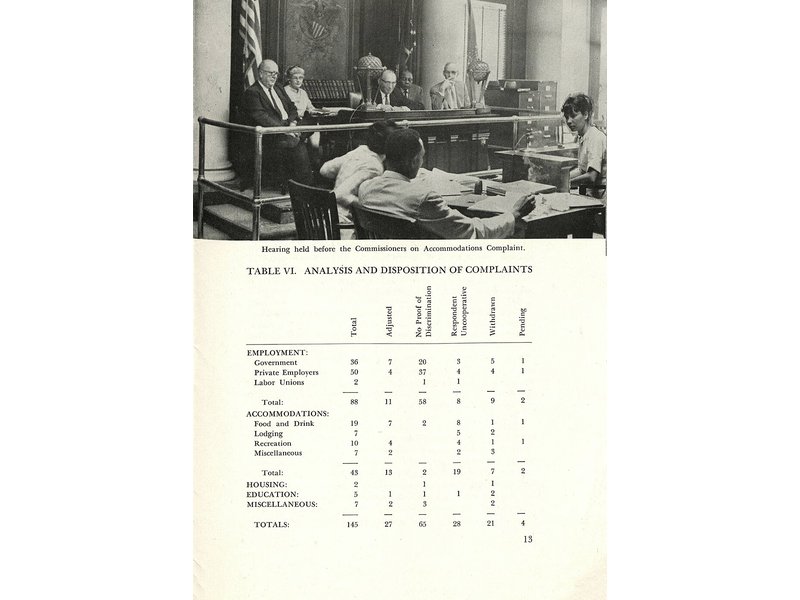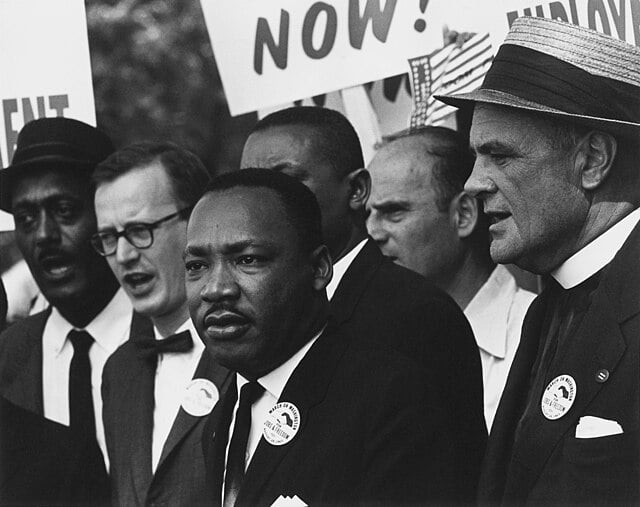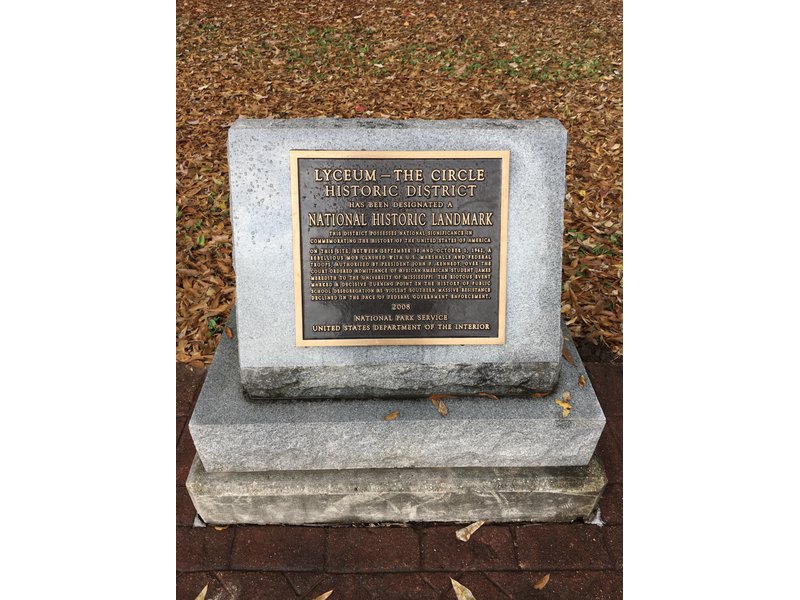147 deliberate inefficiency and selective noncooperation by enforcement agents

"Police, soldiers and other enforcement officials may at times deliberately carry out their orders with less than full efficiency, either out of political motivation, sympathy for the resisters, or distaste for the repressive measures. Or, police and others may selectively refuse certain orders on a scale too limited to be described accurately as mutiny. To the degree to which this method of political noncooperation is practiced, the ruler’s ability to implement his will is reduced and the effect of repression lessened."...
Potentially awesome partners
Potentially problematic matches
High scoring campaigns using this method
Historical cases from the Nonviolent Action Database that used this method
Albanian workers force shift toward democracy, 1991
During the Cold War era, Albanians endured the totalitarian rule of Enver Hoxha. When Hoxha died in 1985, Ramiz Alia took over a Communist country with a history of repression and burdened by massive debt, poverty, and widespread underdevelopment. Fo...
German citizens defend democracy against Kapp Putsch, 1920
In March 1920, Walther von Lüttwitz, a commanding general in the German army, and Wolfgang Kapp, a German provincial official (with the help of a few other German officials, such as Chief of Staff, General Hans von Seeckt and his collaborators in the...
Ukrainians overthrow dictatorship (Orange Revolution), 2004
The October 31, 2004, presidential elections in Ukraine pitted popular opposition candidate Viktor Yushchenko against Prime Minister Viktor Yanukovych. The incumbent president, Leonid Kuchma, had personally chosen Yanukovych as his successor, but the...
Sudanese bring down dictator Abbud (October Revolution), 1964
By October of 1964, an issue called the “Southern Problem” had formed in Sudan. This Southern Problem was essentially a dispute between the Arabized Muslim North and Christian South of Sudan. The northern “Sudanization” of southern administrative pos...
South Korean students force dictator to resign, new elections, 1960
In South Korea, President Rhee Syngman of the Liberal Party won the March 1960 election with 88.7% of the votes. This implausible result was the result of election fraud: the day of the election the Liberal Party had stuffed ballots, switched ballots...
Serbians overthrow Milosevic (Bulldozer Revolution), 2000
During his first seven years as president of Serbia, Slobodan Milosevic led the country into several wars with Croatia and Bosnia and isolated it internationally. While he spent money on the country’s secret police and military, unemployment reached ...
Nonviolent intervention in Philippines during military clash, 1986
The third party nonviolent intervention during the People Power revolution came about as a result of the turbulent political situation in the Philippines in 1986. After the assassination of opposition leader Benigno Aquino, Jr. in 1983, there were ma...
Milanese Catholics and Bishop Ambrose defend their Basilica, 385-386 CE
Early Christendom was rife with sectarian conflicts between competing theologians and their interpretations of the life of Jesus. One of these conflicts was between mainstream (Nicene) Catholicism, which emphasized the Holy Trinity, and Arianism, whi...
Malians defeat dictator, gain free election (March Revolution), 1991
General Moussa Traoré obtained power in Mali in 1968 when he led a military coup d’etat that overthrew the left-leaning nationalist government that had ruled since 1960. Opposition towards Traoré grew during the 1980s, but didn’t fully emerge until t...
Maldivians demand resignation of the president, 2011
The Republic of the Maldives is a chain of islands in the Indian Ocean southwest of Sri Lanka. The country is threatened by becoming completely covered by the sea because of climate change.\n\nIn 2008, after thirty years of one-party rule, Maldivians...
Low scoring campaigns using this method
Historical cases from the Nonviolent Action Database that used this method
Algonquins campaign against uranium mining, Ontario, Canada, 2007-2008
The Frontenac Ventures Development Corporation received from the Ontario government in Canada a permit to begin exploratory drilling for uranium on 30,000 acres of Canadian Crown land in its eastern region of Sharbot Lake. In June 2007, the company b...
Palestinians wage nonviolent campaign during First Intifada, 1987-1988
EDITOR'S NOTE: Regarding the First Intifada as "nonviolent" is controversial because of the violence that accompanied the campaign. Aden Tedla's narrative does not try to hide the violent dimension. Three considerations lead us to include the case in...





